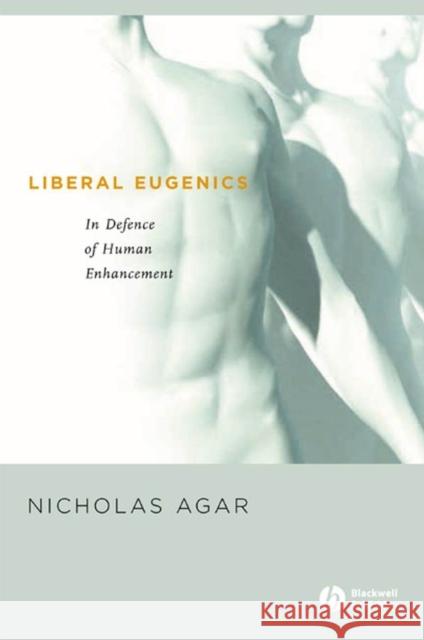Liberal Eugenics » książka
topmenu
Liberal Eugenics
ISBN-13: 9781405123907 / Angielski / Miękka / 2004 / 216 str.
In this provocative book, philosopher Nicholas Agar defends the idea that parents should be allowed to enhance their children's characteristics.
- Gets away from fears of a Huxleyan 'Brave New World' or a return to the fascist eugenics of the past
- Written from a philosophically and scientifically informed point of view
- Considers real contemporary cases of parents choosing what kind of child to have
- Uses 'moral images' as a way to get readers with no background in philosophy to think about moral dilemmas
- Provides an authoritative account of the science involved, making the book suitable for readers with no knowledge of genetics
- Creates a moral framework for assessing all new technologies











